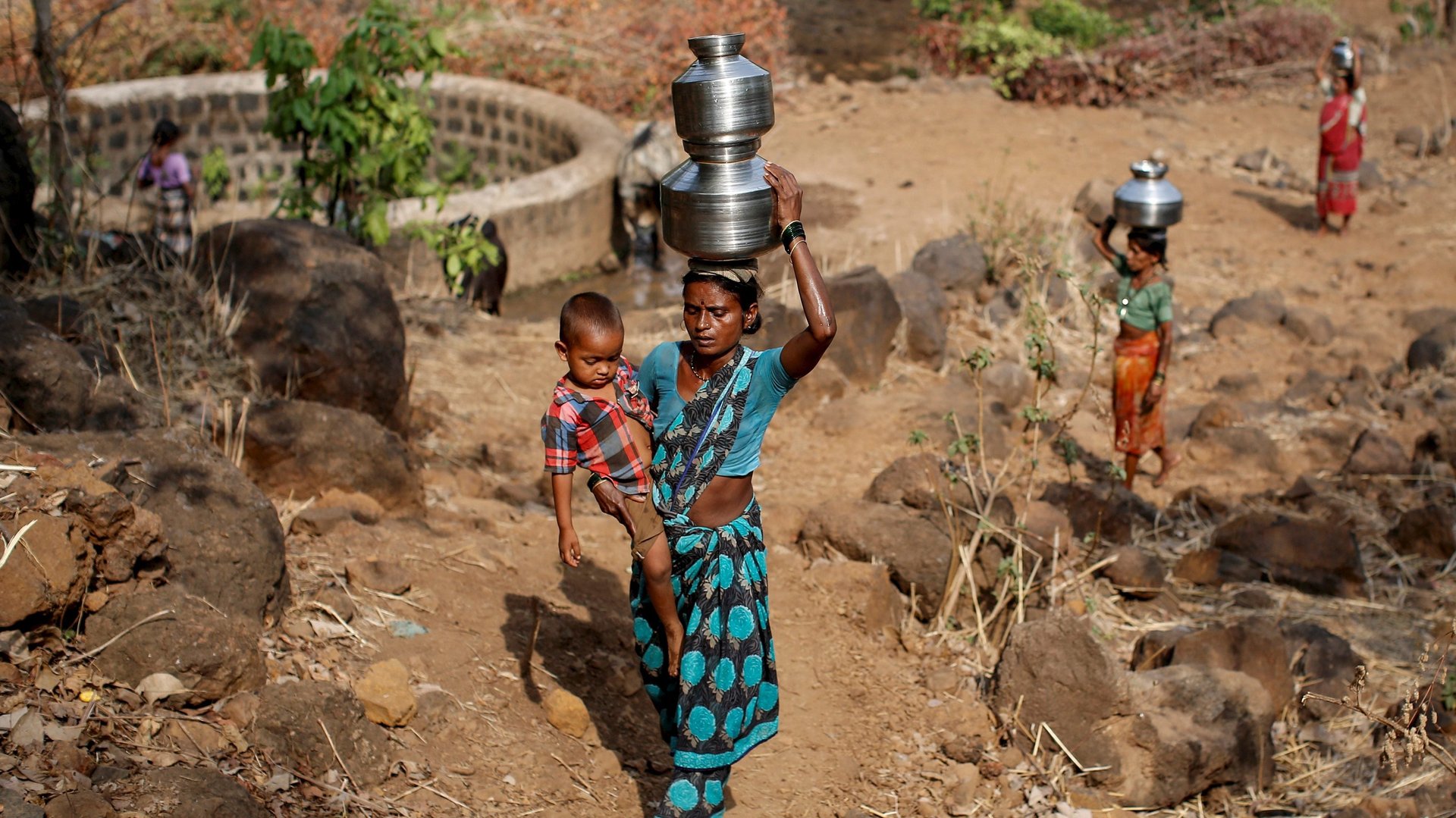Rural Indian women with educated friends treat their daughters better
The company you keep can turn your life around—at least for married women in rural India, this is proving right.


The company you keep can turn your life around—at least for married women in rural India, this is proving right.
In Uttarakhand, women with more empowered friends exercised more control over their child’s nutrition and routine at home, a World Bank research paper shows.
“…we find that women with more empowered friends feed their daughters a more protein-rich diet and have them spend less time on household chores, compared with women with fewer empowered friends,” wrote authors Eeshani Kandpal and Kathy Baylis in their study published in April.
The researchers interviewed 1,619 women—404 married, over 300 mothers, and their 942 friends—belonging to 69 villages across the north Indian state. The “empowered” women in the study were participants of an education programme called Mahila Samakhya. Started in 1995, the initiative hosts weekly meetings of women’s support groups encouraging conversation around gender equality.
Lead by example
The modal Indian woman studied by the World Bank lists only three friends with whom she interacts on a regular basis, compared to the eight friends an average American woman associates with. And the networks in the sample are mostly homogeneous in caste, with only 16% of all women reporting any friends of another caste.
Such limited exposure outside tight-knit communities often leads to the reinforcement of age-old gender norms that curb a woman’s autonomy. To worsen matters, alcoholism and domestic violence are rampant in Uttarakhand. For women, over half of their day goes in collecting firewood and water.
“The remoteness of the region, a lack of good roads, and stringent social norms mean that, once married, women are unable to visit friends or even parents regularly…women’s lives are defined by their husbands, children, and in-laws, and women seldom participate in the political process, even at the village level,” the study noted.
Programmes like Mahila Samakhya equip participants and their peers with fresh perspectives. Apart from providing education and vocational training and, these settings are “often the first time participants have had the chance to talk about themselves and think about their place in the household and society,” the World Bank researchers said.
For instance, participants were more likely than others to leave the house without permission, have access to government social safety nets, and work off the family farm. Half of all involved with Mahila Samakhya attended the village council, but only 16% of non-participants and 20% of the women in untreated districts did.
The ripple effect is strong, anecdotal evidence in the study shows:
One participant reported that her Mahila Samakhya friends helped her reason with her husband and in-laws when initially the family did not allow her to feed her daughter as well as her son. Another participant said that her husband’s treatment of her improved after she joined Mahila Samakhya because he was worried that he would be publicly shamed for his behavior toward her…For instance, one participant said that just knowing that women were successful lawyers, professors, and entrepreneurs changed her outlook on life as well as her aspirations for her daughter.